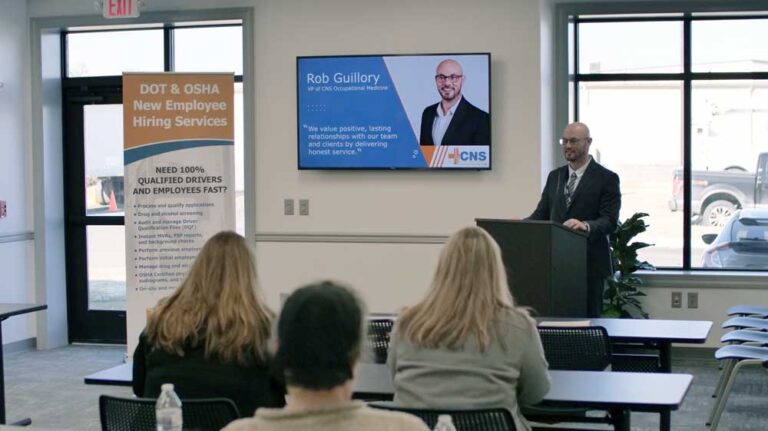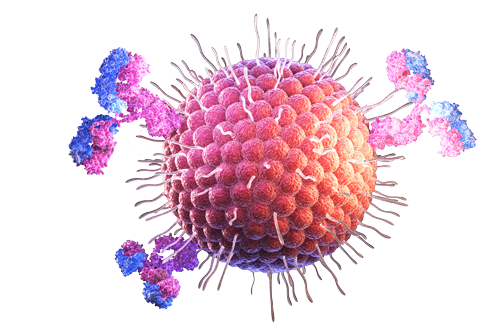According to Doctor Peter Marks, the director of the FDA’s Center for Biologics Evaluation and Research, mRNA COVID-19 vaccines, like the Moderna and Pfizer, are likely to protect against coronavirus for at least nine months.
This is good news for long-term vaccine efficacy as more research is being done.
Dr. Anthony Fauci just texted smiley face emojis to a journalist when reacting to the final Phase 3 data that came out last November showing the mRNA vaccines made by Pfizer/BioNTech and Moderna were more than 90% effective, which has held up in real-world studies in the US, Israel and elsewhere.
In early April, Moderna showed that those who received their second dose 6 months ago still had 90% efficacy of persistent COVID-19 antibodies. In the initial trial, there were no serious safety concerns among the 12,000 volunteers who are least six months past their second dose.
Pfizer’s vaccine was also found to be 90% effective for at least 6 months after a second dose was received, and protects against the South Africa variant.
This means that at a minimum, the two major COVID-19 vaccines will last at least six months, and experts expect it to last much longer.
We will know more as those first trials reach nine months in their vaccinations and, depending on the data, it is possible the vaccines will require boosters.
This is why it is so important to make sure you receive your second COVID shot, let alone getting your first.
CNS Occupational Medicine is offering the Moderna vaccine. There are no out-of-pocket costs to be paid by recipients of the vaccine. Insurance or Medicare will be billed the administration fees, if applicable.
How mRNA technology could be used for future healthcare breakthroughs
People rely on proteins for just about every bodily function as mRNA tells our cells which proteins to make.
With human-edited mRNA, we could theoretically make just about any protein and this can impact human health far beyond the COVID-19 pandemic as this technology powered the two fastest vaccine trials ever.
For example:
- A team at Yale patented a similar RNA-based technology to vaccinate against malaria
- Pfizer says they plan to use their technology against seasonal flu
- BioNTech is developing individualized therapies that would create on-demand proteins associated with specific tumors to teach the body to fight off advanced cancer
With the rise of deep learning and artificial intelligence, we are more adapt to analyze large amounts of data quickly and use the new mRNA tools to continue to create new vaccines, drugs, and improved health therapies.
There is a potentially bright future in the healthcare industry over the next decade or two.
Companies should not be left behind.
The CNS Occupational Medicine team is comprised of business and health professionals focused on delivering health and screening services for the construction, transportation, medical, educational, service, and manufacturing work forces in the United States.
We offer mobile and on-site DOT Physicals, drug testing, vaccinations, and other healthcare services revolving around OSHA requirements for health evaluations.
For more information, contact us at 800.551.9816 or info@cnsoccmed.com.










